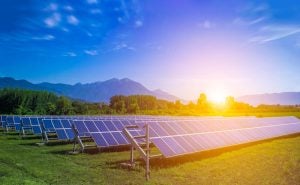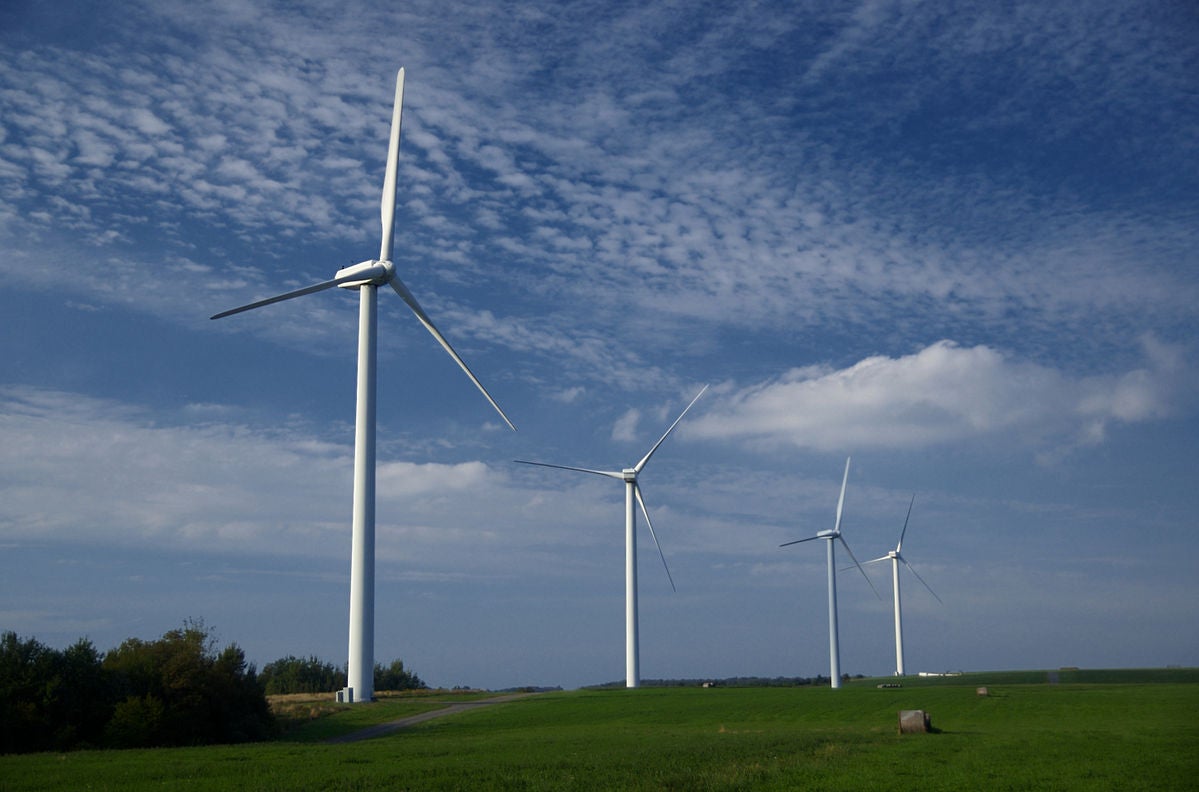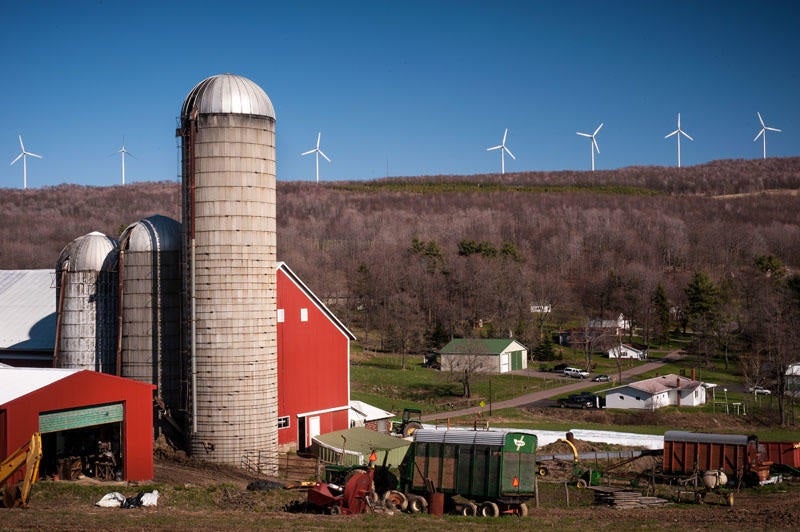With unprecedented droughts, wildfires, floods and heat waves impacting communities nationwide, it’s clear that climate change is not a threat in some distant future – we’re dealing with its ramifications today. Virginians know this well, having experienced eight different billion-dollar disaster events (three tropical cyclones, four severe storms, and one winter storm) in 2021 alone. Consequently, it’s imperative that we act immediately to address the climate crisis. Virginia took a major step toward doing just that by linking to the Regional Greenhouse Gas Initiative (RGGI) in 2021 – a step Governor Youngkin has, alarmingly, indicated he wants to reverse.
Leaving RGGI risks derailing Virginia from continued progress to reduce climate pollution and will eliminate funds for existing programs that help protect Virginians from devastating floods and that save electric ratepayers money by lowering their energy usage.
Act now: Tell Gov. Youngkin to keep Virginia in RGGI
RGGI is a proven program for combating climate pollution while investing in solutions that will make Virginia more resilient. Here are five reasons that make clear RGGI is a good deal for Virginia.



